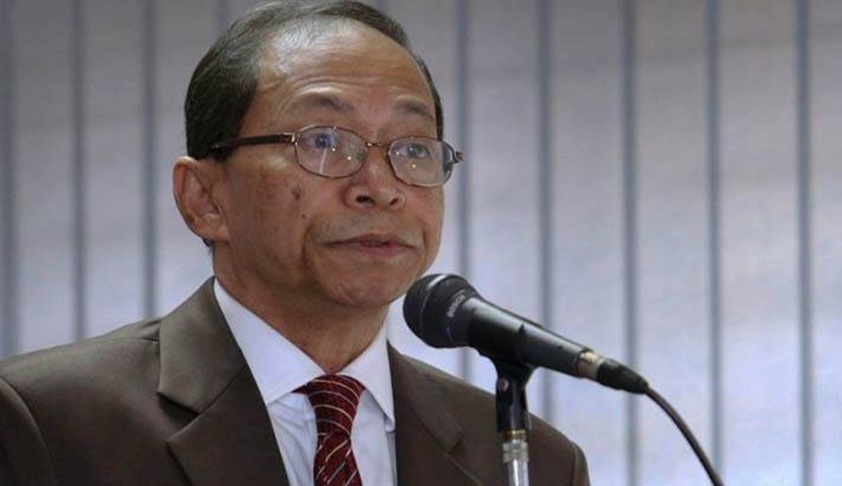Chief Justice Of Bangladesh Resigns Following Conflict With Government
Manu Sebastian
12 Nov 2017 3:36 PM IST

Next Story
12 Nov 2017 3:36 PM IST
In a controversial move, the Chief Justice of Bangladesh Justice Surendra Kmar Sinha, the first Hindu to be appointed as Chief Justice of the Muslim majority nation, tendered his resignation papers on Saturday. He had assumed office on 17 January 2015. The Chief Justice had been on leave for past one month, and had gone oversees, reportedly staying in Singapore and Australia. There...
